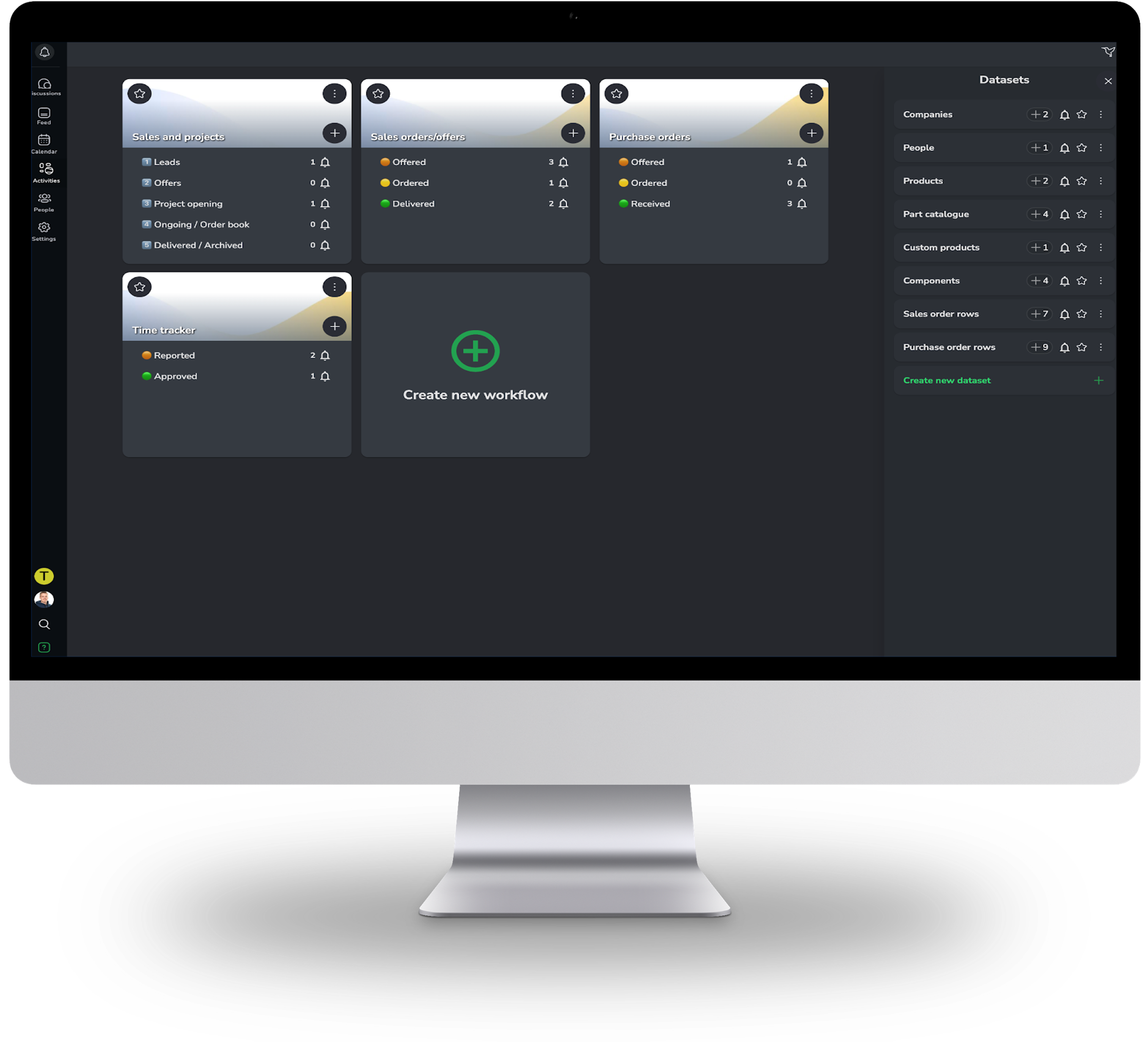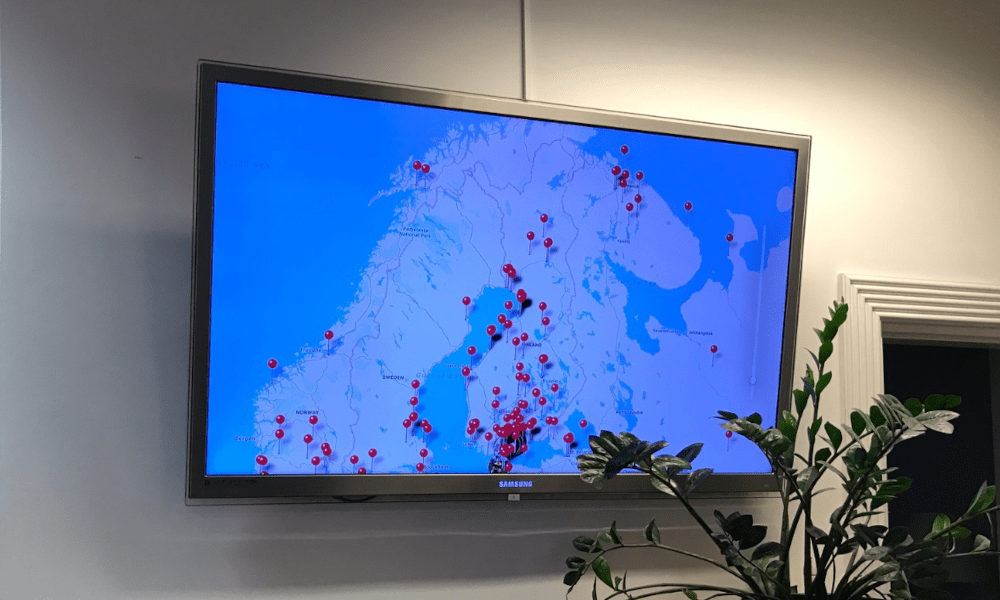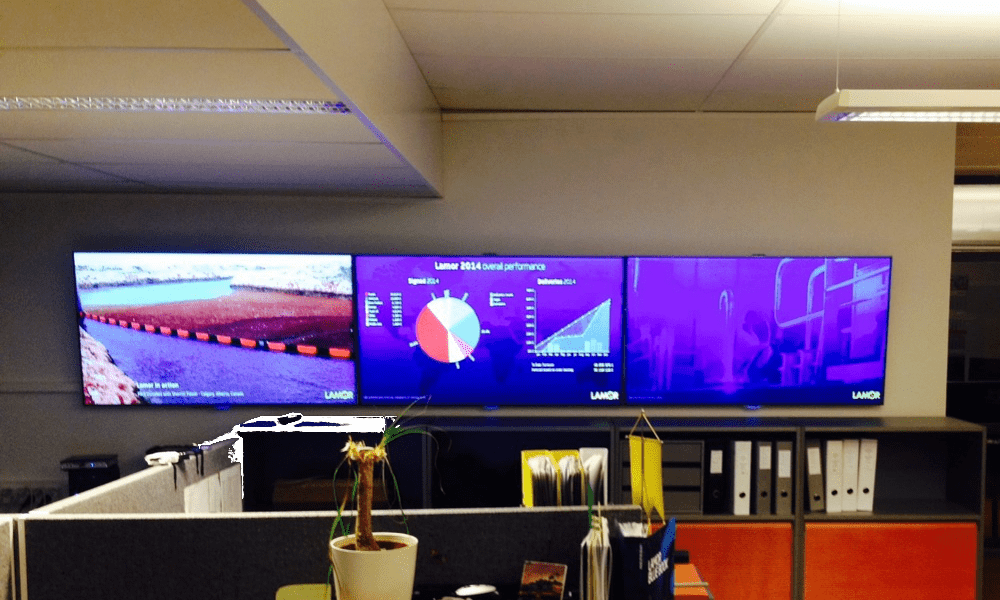Every industry has unique challenges, and logistics, transportation, or supply chain companies are no exception. Hailer, a Finland-based company, plays a comprehensive and transformational role in supporting collaboration and communication through its no-code/low-code software platform. Adexin had an excellent opportunity to play an essential role in developing their software.
Today, we spoke with Hailer's co-founder and CEO, Nico Larsen. I asked him about his industry insights. He explained how Hailer's approach differs from its competitors, simplifying organizational processes by seamlessly combining different workflows. See our latest interview here.
Hi Nico, could you please introduce yourself and what is your role at Hailer?
At home, I am a husband and a father of 3 kids, while at work, I'm the co-founder and CEO of Hailer. I work with both our business and development teams to ensure we continue to bootstrap our platform in the direction of our vision.
What is Hailer?
Hailer is a no-code/low-code software platform that helps businesses and people to cooperate by sharing data and communicating in structured workflows.
How is it different from competitors?
Many software companies build solutions for one specific workflow or function alone, while Hailer offers a generic approach that allows different workflows to be connected without complicated integrations. This helps to simplify organizations.
How can you help logistics, transportation, or supply chain companies?
Logistics is a highly dynamic function where data needs to flow seamlessly between not only the senders and receivers of goods but also many parties in between. Logistics is an interesting field because there are standards such as EDI for messaging between parties which allows us at Hailer to build solutions that can tap into multiple sources.
Can Hailer integrate with other systems that companies are currently using? What are the well-known logistics and transportation systems that Hailer can integrate with?
Hailer can connect with other systems either using the open API or by using integration platforms such as Zapier or OneIO. Hailer is ideal for creating a streamlined and comprehensive end-to-end process, but typically our customers want to pass on e.g. invoice rows at the end of their business process to an accounting system.
What is the main challenge that companies face before deciding to choose your platform?
Our customers have typically had two types of issues. The more established and usually larger customers have contacted us because they want to replace an old monolith system that is too complex for normal people to use. Smaller more modern companies on the other hand tend to contact us because they have ended up with too many different apps for different things. In cases like this, we have been able to replace as many as 7 systems with one.
Could you share the most relevant logistics case study?
Many of our customers use Hailer to manage their material flows and a part of this is packing pallets and generating the required documentation such as packing lists. This is done with many industrial companies and machine shops that manufacture, pack, and ship equipment worldwide.
Mecanil, a Finnish company making grapple saws, used to manage their shipping docs using simple Word documents, but now with Hailer, they have integrated their manufacturing process with logistics, allowing them to generate all shipping documents with the click of a button.
We also work with a few logistics companies in Europe where we help optimize warehouse logistics as well as incoming and outgoing material traffic. In these cases, dedicated Hailer apps have been created for receiving goods, collecting goods, and picking items. Live dashboards for end customers have also been created as Hailer apps, where customers can see where all their shipments are in real-time.
Does this mean that Hailer's solution can be an alternative for inventory management and shipping too? To what extent can it provide support?
Yes, we have pre-made templates for all sorts of logistics, but due to the flexible and generic nature of the platform clients often end up customizing their workflows.
What were the measurable results of the situation in the case of your customer?
Mecanil, which was mentioned previously, managed to save up to 90% of their work time spent on shipping docs when Hailer was fully implemented.
Logistics companies using Hailer have, on average seen, a huge improvement in customer satisfaction.
What is the company size of your customers? Are these larger companies?
Year on year the average size of our customers is growing and currently. The range is from a few million up to more than 100M€.
What have you learned from cooperation from logistics companies?
Many bigger companies have preferred supplier relationships with logistics companies, which means that they are heavily dependent on getting information in real-time. For this, we have built custom dashboards and custom forms from which end customers can tap into our customer data.
Are these dashboards available on mobile and desktops?
All Hailer features are available on mobile and desktop and can be distributed using an advanced permission system. Apps can also be run as public web apps on the internet with limited functionality.

Can the custom dashboards be displayed separately on screens in the warehouse or near the docks?
Yes. Many customers use Hailer apps/Dashboards as digital signage screens. In the pictures, you can see one example of a customer who uses the Hailer app to show a status report to the customer.


What's new in Hailer, and what is the future of it?
Partly because of needs that have arisen in the logistics field we have launched a Hailer SDK that allows a quick and cost-effective way to build custom views on top of the Hailer workflows.
What is your recommendation for the future users of Hailer from the logistics industry?
As we move forward, we want to add even more process automation and more advanced custom apps for people working out in the warehouse.
